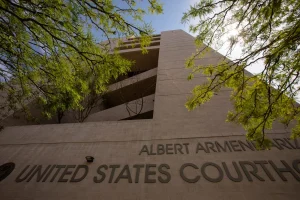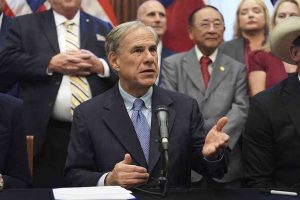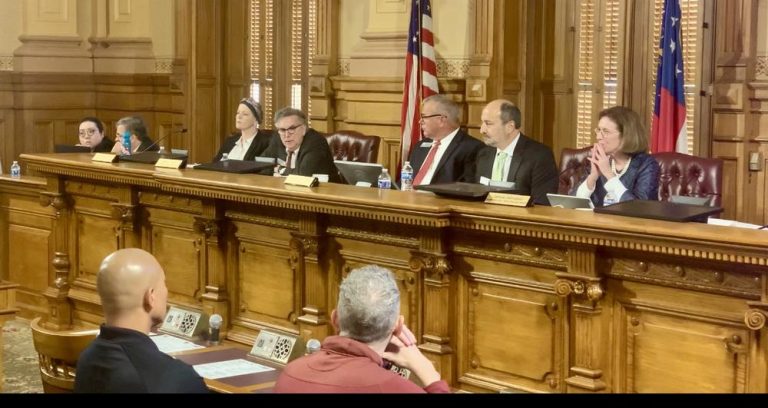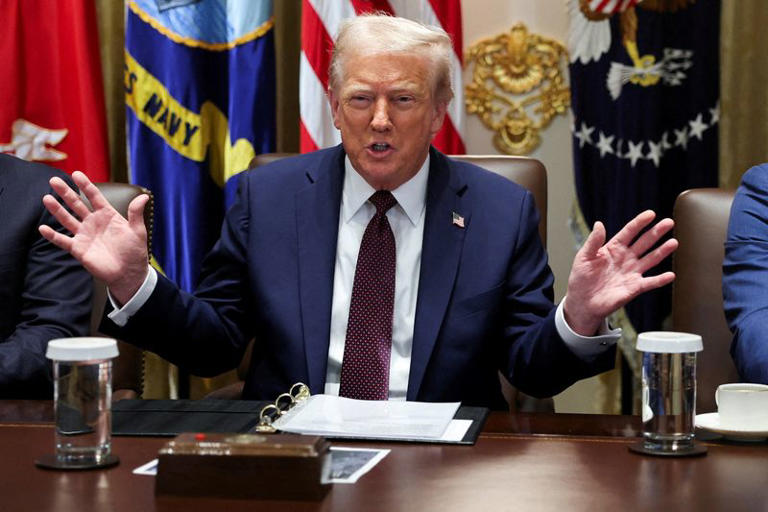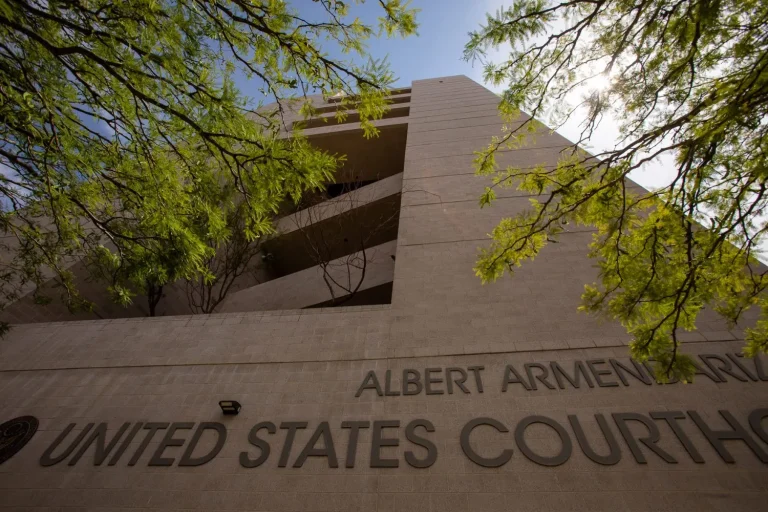-By Dan Froomkin
March 21, 2012- WASHINGTON — Senate Democrats are setting up a showdown with Republicans on the issue of unlimited secret campaign donations, proposing new rules that would expose those donations to public view.
Sen. Sheldon Whitehouse (D-R.I.) on Wednesday introduced a stripped-down version of the 2010 Disclose Act, without any of the more controversial elements that Republicans cited in torpedoing the bill last time.
The new bill, which has 34 co-sponsors (all Democrats), would simply require all groups spending more than $10,000 on election-related advertising to publicly name all donors who gave $10,000 or more. To address the lack of real-time disclosure of who is paying what, the bill would require any broadcast ad to list the sponsoring group's top five funders.
The Supreme Court's 2010 Citizens United decision, which blew away limits on political contributions to independent groups, actually endorsed full disclosure. But in its wake, political operatives have seized upon nonprofit 501(c)(4) and 501(c)(6) organizations as a way of letting donors remain anonymous, turning what are supposed to be "social welfare" or trade groups into secret political slush funds.
Republican leaders historically argued in favor of disclosure. But no more.
Craig Holman, government affairs lobbyist for consumer group Public Citizen, contends that Republican elected officials have mostly come to see donor disclosure as a threat to their electoral prospects. "They know that most of the secret corporate money is going to support them," he said. "It's far more effective if they can keep that out of the public view."
In particular, Holman said, Republicans in this electoral cycle are expecting a massive flow of corporate funds to be spent on political advertising by the U.S. Chamber of Commerce, which keeps its donors secret.



